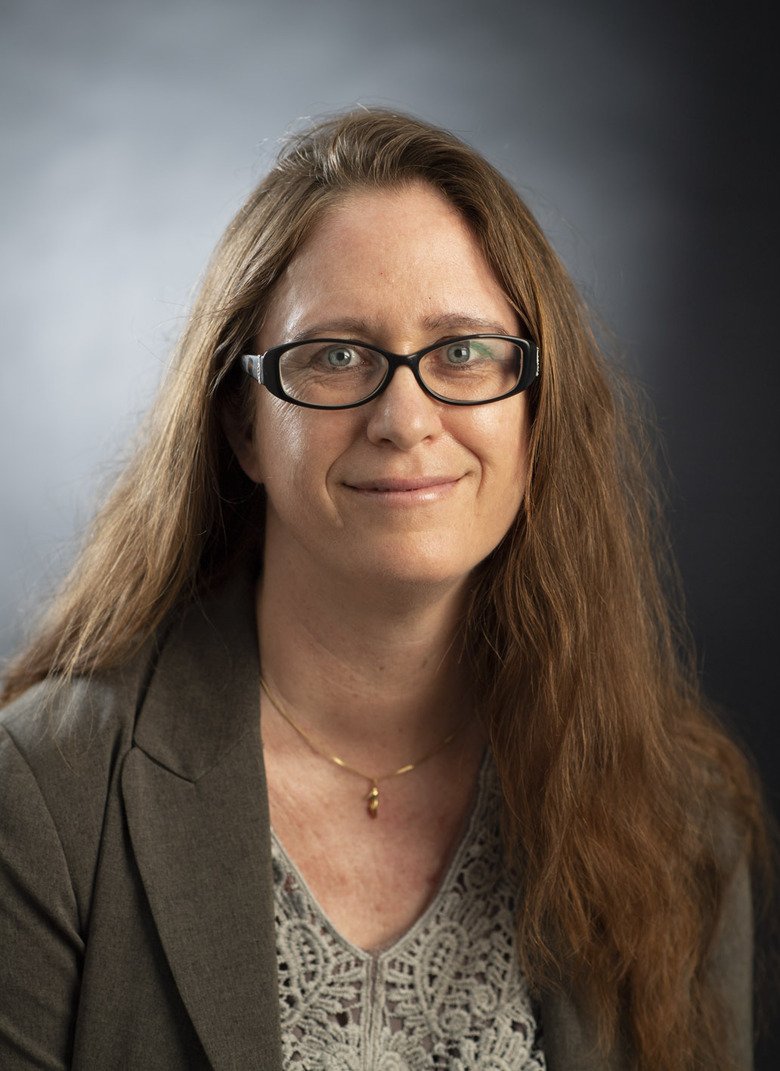New licentiate thesis explores e-patients and their engagement in self-care and healthcare contexts
Hi there Therese Scott Duncan, who held her licentiate seminar with the title "Paving the way - the second generation of e-patients, their experiences, actions and driving forces" in May. Congratulations! Can you tell us a little more?

"I’m working at the Health Informatics Centre (HIC) at the Department of Learning, Informatics, Management and Ethics, where Sabine Koch is my main supervisor and research leader. I have a Bachelor of Medical Science with a major in Public Health Science and a Master of Medical Science with a major in Health Informatics, which is also the field I chose for my licentiate thesis", says Therese Scott Duncan.
What is your thesis about?
"My thesis is about 'e-patients', i.e. patients with chronic conditions, and their informal caregivers who engage more in their self-care and with healthcare than is expected of them, often using various digital solutions to do so. I explore why they are motivated to engage and in what ways they choose to engage."
And what are the most important findings?
"In line with the digital development in society overall, we see that the e-patients movement is thriving towards generating their own data, being both early adopters of new solutions and innovators, and helping other patients and informal caregivers by trying to change the healthcare system or giving advice resulting from their own experience."
How can this knowledge contribute to improving people’s health?
"I believe that with the progressing digital environment, e-patients have the possibility to influence the future of participatory design within healthcare contexts as well as consumer health informatics applications. It is important to follow and understand this development. With their lived experience, e-patients could be a valuable resource for the healthcare system, the public community, as well as for their peers."
"To feel motivated to perform self-care and have a good relationship with healthcare gives a feeling of control, which ultimately leads to a better well-being and perceived better health.
Do you have any plans ahead?
"I will continue do research within this field and will continue with my PhD. I will focus on healthcare providers and how healthcare professionals apprehend e-patients. What possibilities and challenges do they experience? How can co-care exist and is there something healthcare professionals can learn from e-patients?"
